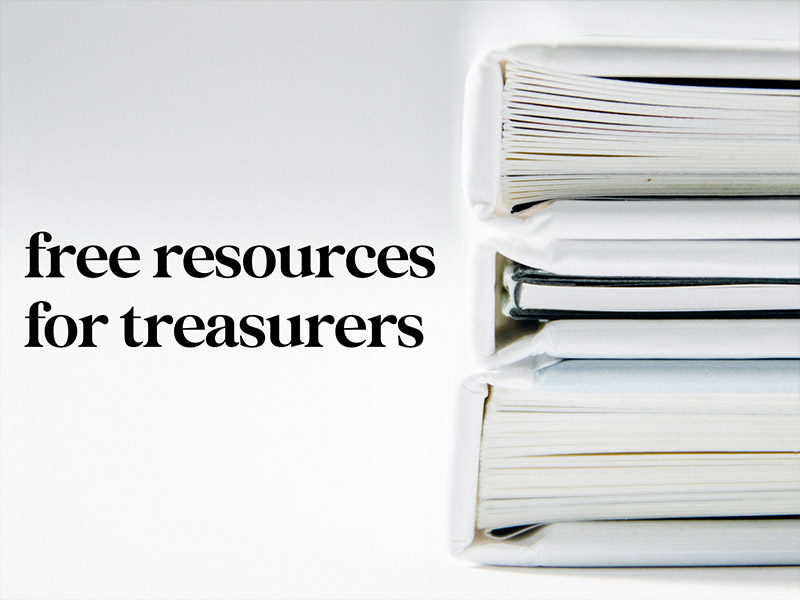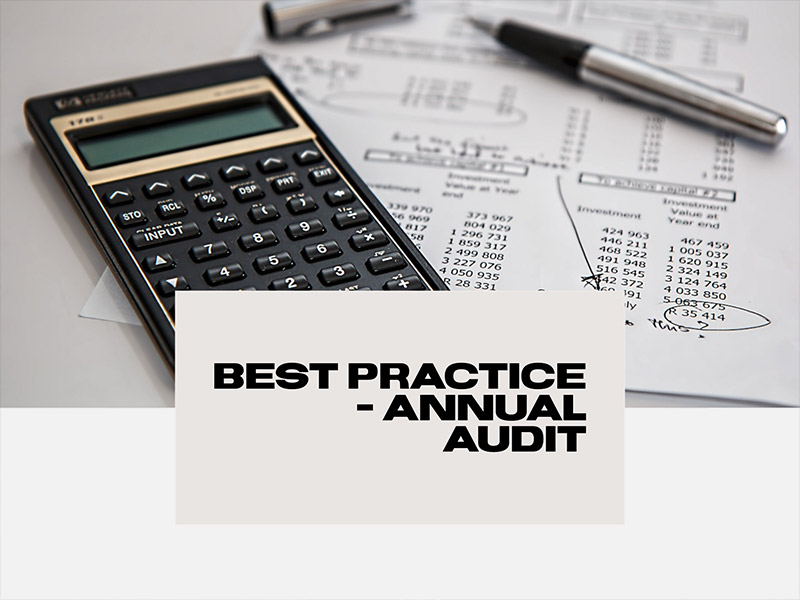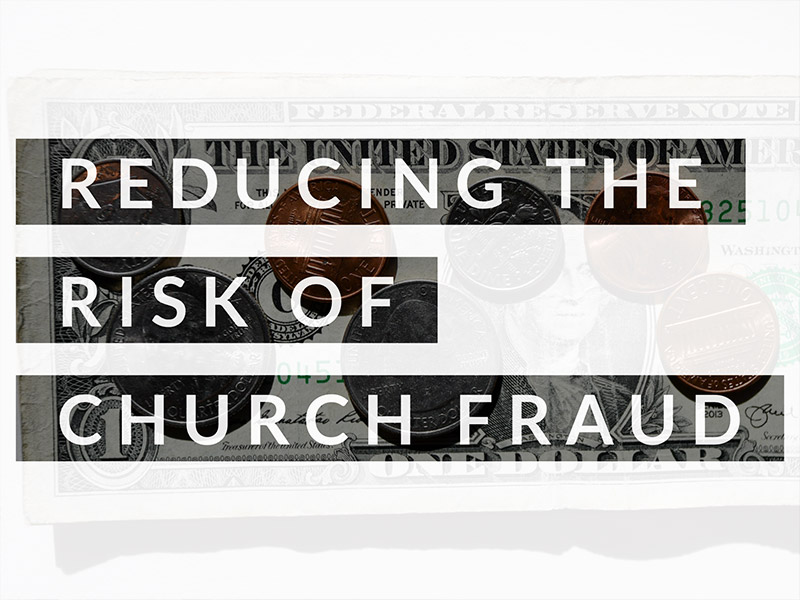Insurance Renewal Considerations
Managing the church insurance policies is probably not at the top of most pastors’ priority lists. Maybe this task is delegated to a board member or an insurance expert within the church, but someone needs to be focusing on ensuring the church has correct insurance coverage to protect its assets and manage risk. Without proper insurance, a…
Read more









